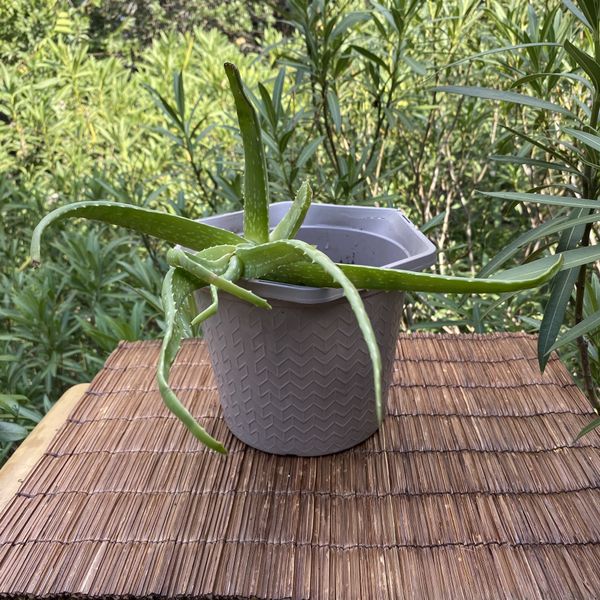Your Is a mitochondria in a plant or animal cell images are ready. Is a mitochondria in a plant or animal cell are a topic that is being searched for and liked by netizens today. You can Get the Is a mitochondria in a plant or animal cell files here. Get all royalty-free images.
If you’re searching for is a mitochondria in a plant or animal cell images information linked to the is a mitochondria in a plant or animal cell topic, you have pay a visit to the ideal blog. Our site frequently gives you suggestions for seeking the maximum quality video and image content, please kindly hunt and locate more enlightening video content and images that fit your interests.
Is A Mitochondria In A Plant Or Animal Cell. As animals derive their energy from their food resources, chloroplasts are not required in them unlike plants who are. However, plant mitochondria are present at a ratio of 2:1 over cell organelles. 38 votes) both animal and plant cells have mitochondria, but only plant cells have chloroplasts. 13 what do animal cells have that plant cells do not have?
 What Are The Differences Between Plant and Animal Cells From education.onehowto.com
What Are The Differences Between Plant and Animal Cells From education.onehowto.com
13 what do animal cells have that plant cells do not have? Cells that require a lot of energy, such as muscle cells, can contain hundreds or thousands of mitochondria. A typical animal cell will have on the order of 1000 to 2000 mitochondria. Mitochondria are found in the cells of nearly every eukaryotic organism, including plants and animals. These inner membranes increase the surface area of. Mitochondria are common to both plant and animal cells.
Diagram of mitochondria for class 9, how to draw plant cell,.
And it will teach you draw mitochondria very easily. 9 do animal cells mitochondria? #mitochondria #biologydiagram #cellbiology a beautiful drawing of a mitochondria. 5% formalin 4i days +normal +normal i574a. Mitochondria is a eukaryotic organ that lives in living things like plant cells, animals and fungi. The function of the mitochondria in both plant and animal cells is to produce energy for the cell via atp production as part of the krebs cycle.
 Source: ppt-online.org
Source: ppt-online.org
A few types of cells, such. The mitochondrion functions similarly for both plant cells and animal cells, producing the atp used for energy. Watch the video and p. 15 why is an organelle important. They are in the cytoplasm, not the nucleus.
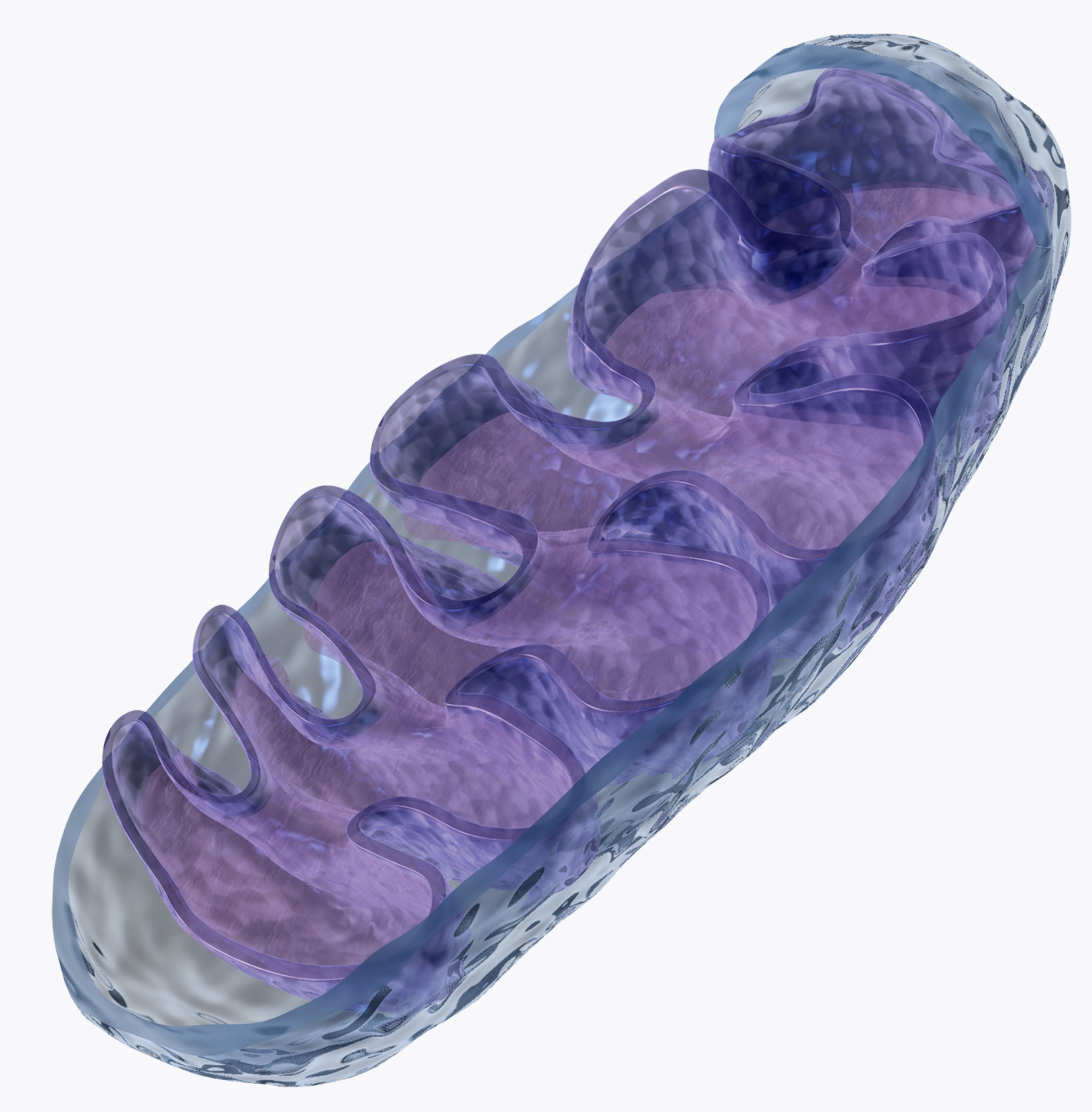 Source: news.virginia.edu
Source: news.virginia.edu
The job of the mitochondria in the cell is to produce the proteins necessary for the life of the cell. Animal and plant cells have some of the same cell components in common including a nucleus, golgi complex, endoplasmic reticulum, ribosomes, mitochondria, peroxisomes, cytoskeleton, and cell (plasma) membrane. Their reactions to fixatives, stains and supravital dyes are almost identical. Plants have chloroplasts (which animal cells do not) to produce energy by converting sunlight but animal cells need more mitochondria to produce energy during respiration that’s why mitochondria are power house of the cell. Mitochondria take raw material and transform it into a form of energy that the plant can easily use.oct 19, 2020.
Source: jeanmaisee02959.blogspot.com
Cells that require a lot of energy, such as muscle cells, can contain hundreds or thousands of mitochondria. #mitochondria #biologydiagram #cellbiology a beautiful drawing of a mitochondria. 12 what happens if there are no mitochondria in eukaryotic cell? Mitochondria are found in the cells of nearly every eukaryotic organism, including plants and animals. Watch the video and p.
 Source: zmescience.com
Source: zmescience.com
Mitochondria is a eukaryotic organ that lives in living things like plant cells, animals and fungi. 15 why is an organelle important. A few types of cells, such. Animal and plant cells have some of the same cell components in common including a nucleus, golgi complex, endoplasmic reticulum, ribosomes, mitochondria, peroxisomes, cytoskeleton, and cell (plasma) membrane. This comparison of mitochondria in plant and animal cells brings to light a truly remarkable degree of similarity.
 Source: education.onehowto.com
Source: education.onehowto.com
Plant and animal cells both have mitochondria the only difference being plant cells additionally have chloroplasts. Is a mitochondrion contained in a plant. What cells have the most mitochondria?. Their reactions to fixatives, stains and supravital dyes are almost identical. Cells that require a lot of energy, such as muscle cells, can contain hundreds or thousands of mitochondria.
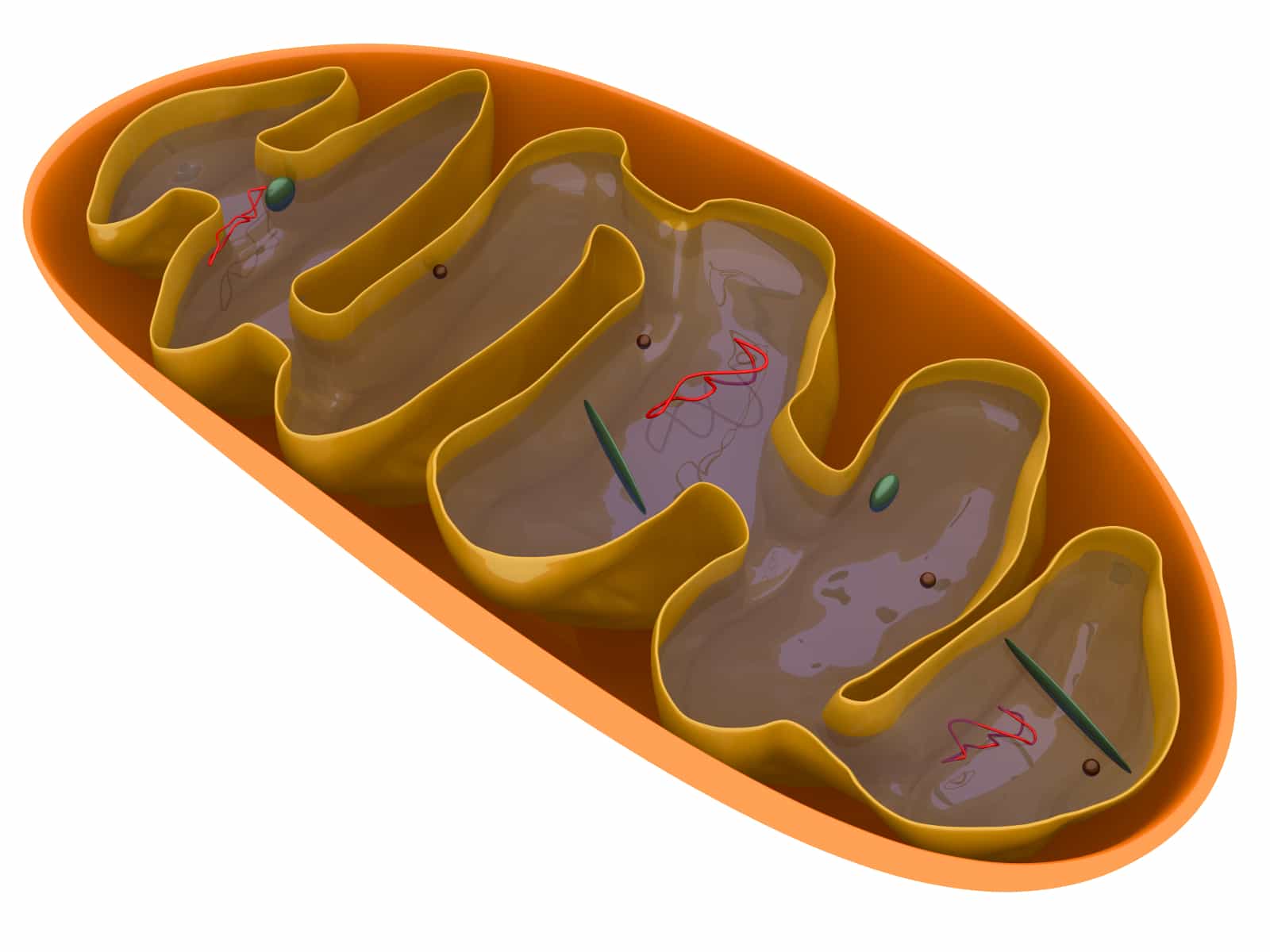 Source: clarettabaskinse04003.blogspot.com
Source: clarettabaskinse04003.blogspot.com
Mitochondria in plant and animal cells. Click to see full answer. Choose the correct option from those given. Watch the video and p. Mitochondria take raw material and transform it into a form of energy that the plant can easily use.oct 19, 2020.
 Source: sciencetrends.com
Source: sciencetrends.com
Cells that require a lot of energy, such as muscle cells, can contain hundreds or thousands of mitochondria. Plants have chloroplasts (which animal cells do not) to produce energy by converting sunlight but animal cells need more mitochondria to produce energy during respiration that’s why mitochondria are power house of the cell. Its size ranges from 0.5 to 1.0 micrometre in diameter. Similar fixatives preserve them, modify them and destroy them, in like manner, in both. The dna of the cell is carried by the mitochondria and copies itself within the nucleus of the cell as instructions for making a new life form.
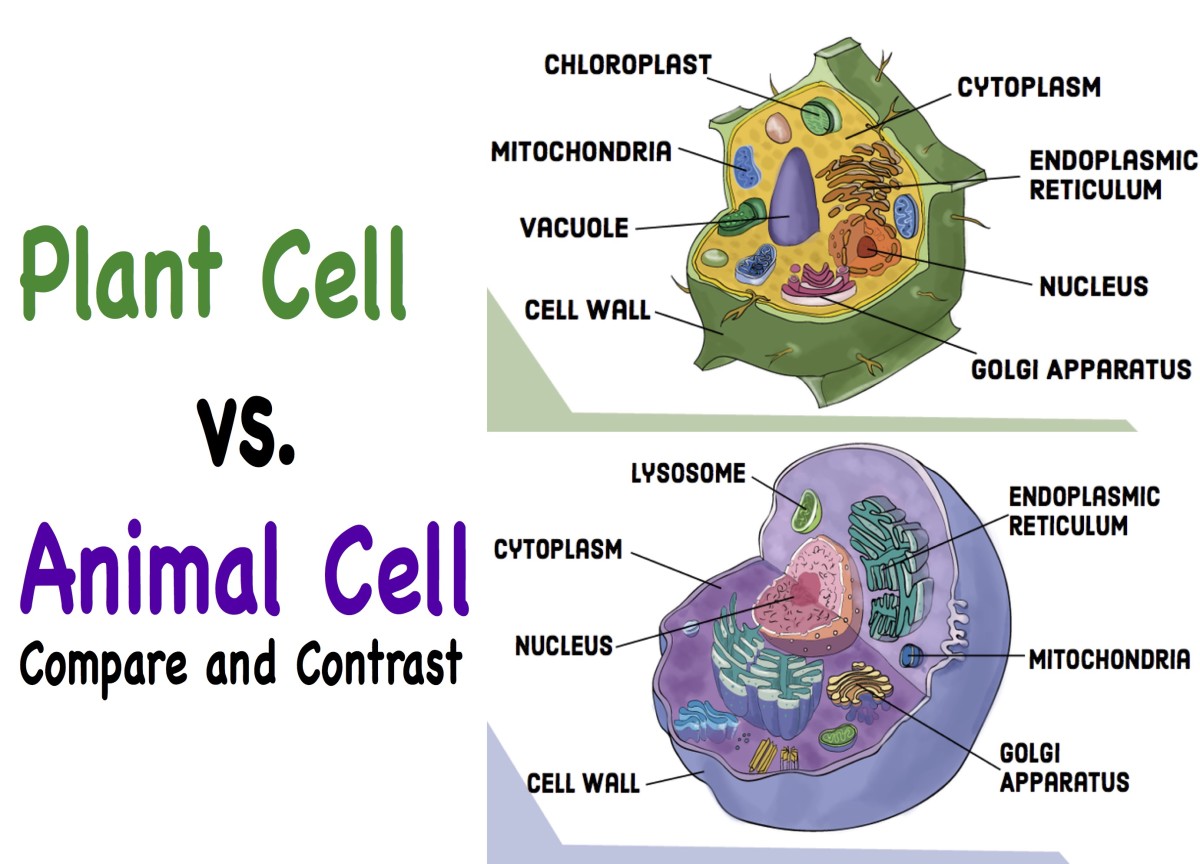 Source: owlcation.com
Source: owlcation.com
Mitochondria is called as the ‘ powerhouse of the cell’ because it is the site of the cellular respiration and the. Just as the chloroplasts in plants act as sugar factories for the supply of ordered molecules to the plant, the mitochondria in animals and plants act to produce the ordered atp molecules as the energy supply for the processes of life. Mitochondria in plant and animal cells. The mitochondria is pivotal in dinstegrating the sugar synthesized in order to generate energy for the cell. As animals derive their energy from their food resources, chloroplasts are not required in them unlike plants who are.
 Source: slideserve.com
Source: slideserve.com
3 would an animal cell survive without mitochondria quizlet? This comparison of mitochondria in plant and animal cells brings to light a truly remarkable degree of similarity. Choose the correct option from those given. View solution > cells that are involved in active transport, utilizes large amount of atp. 10 why can eukaryotes survive without mitochondria?
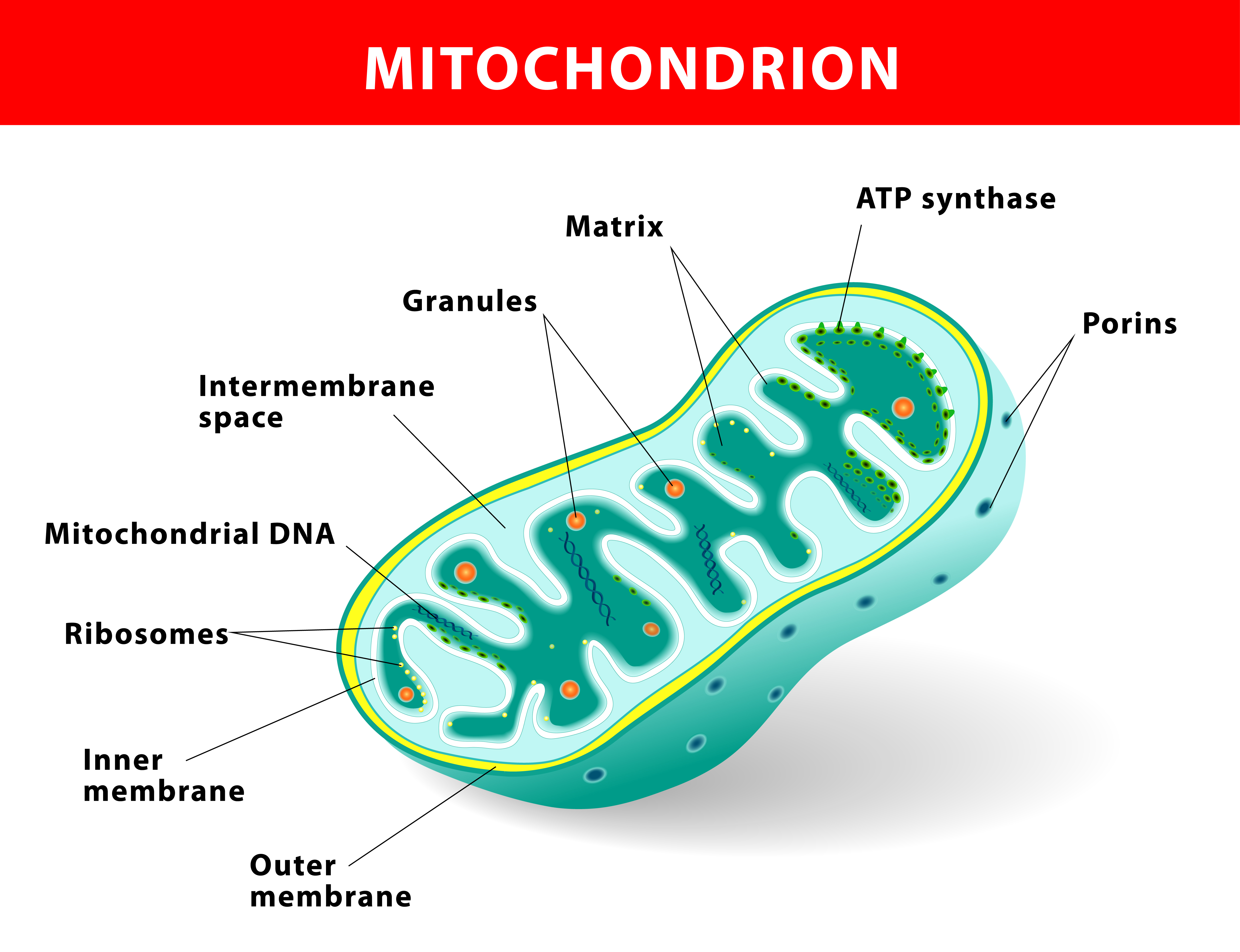 Source: kittybucholtz.com
Source: kittybucholtz.com
The job of the mitochondria in the cell is to produce the proteins necessary for the life of the cell. Animals have more mitochondria than compared to plant cells because animals are mobile while plants are not. Choose the correct option from those given. Mitochondria are found in the cells of nearly every eukaryotic organism, including plants and animals. 12 what happens if there are no mitochondria in eukaryotic cell?
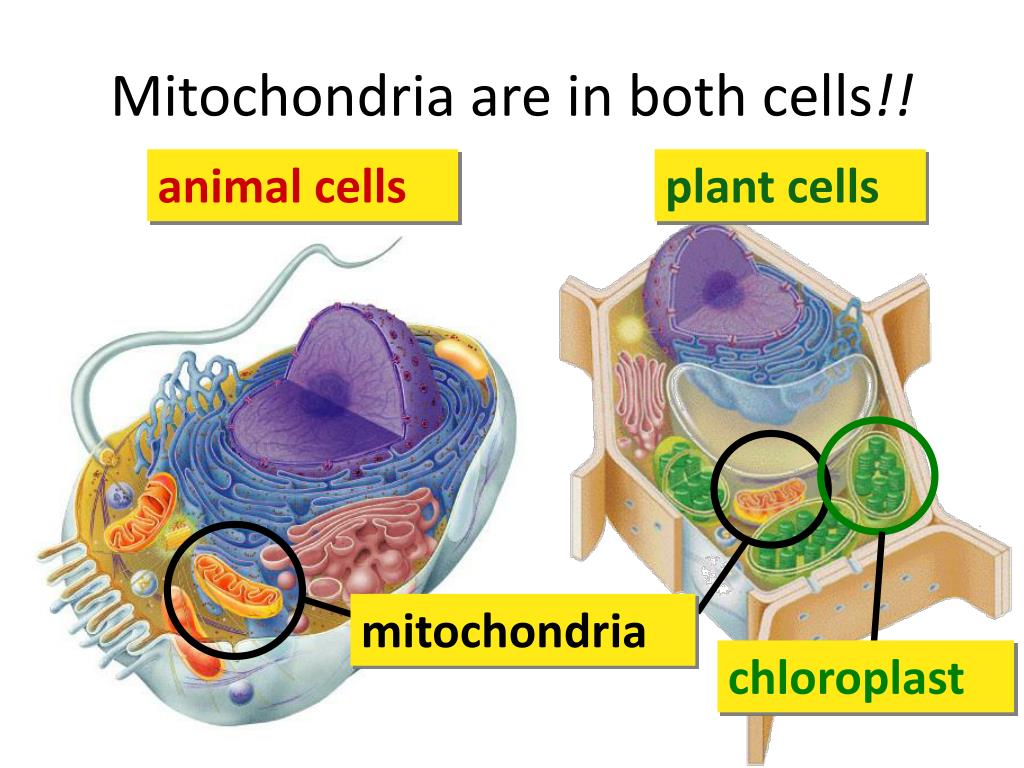 Source: slideserve.com
Source: slideserve.com
Mitochondria are found in the cells of nearly every eukaryotic organism, including plants and animals. 2 would an animal cell be able to survive without mitochondria why or why not answer in complete sentences with proper grammar and spelling? Cells that require a lot of energy, such as muscle cells, can contain hundreds or thousands of mitochondria. Choose the correct option from those given. This comparison of mitochondria in plant and animal cells brings to light a truly remarkable degree of similarity.
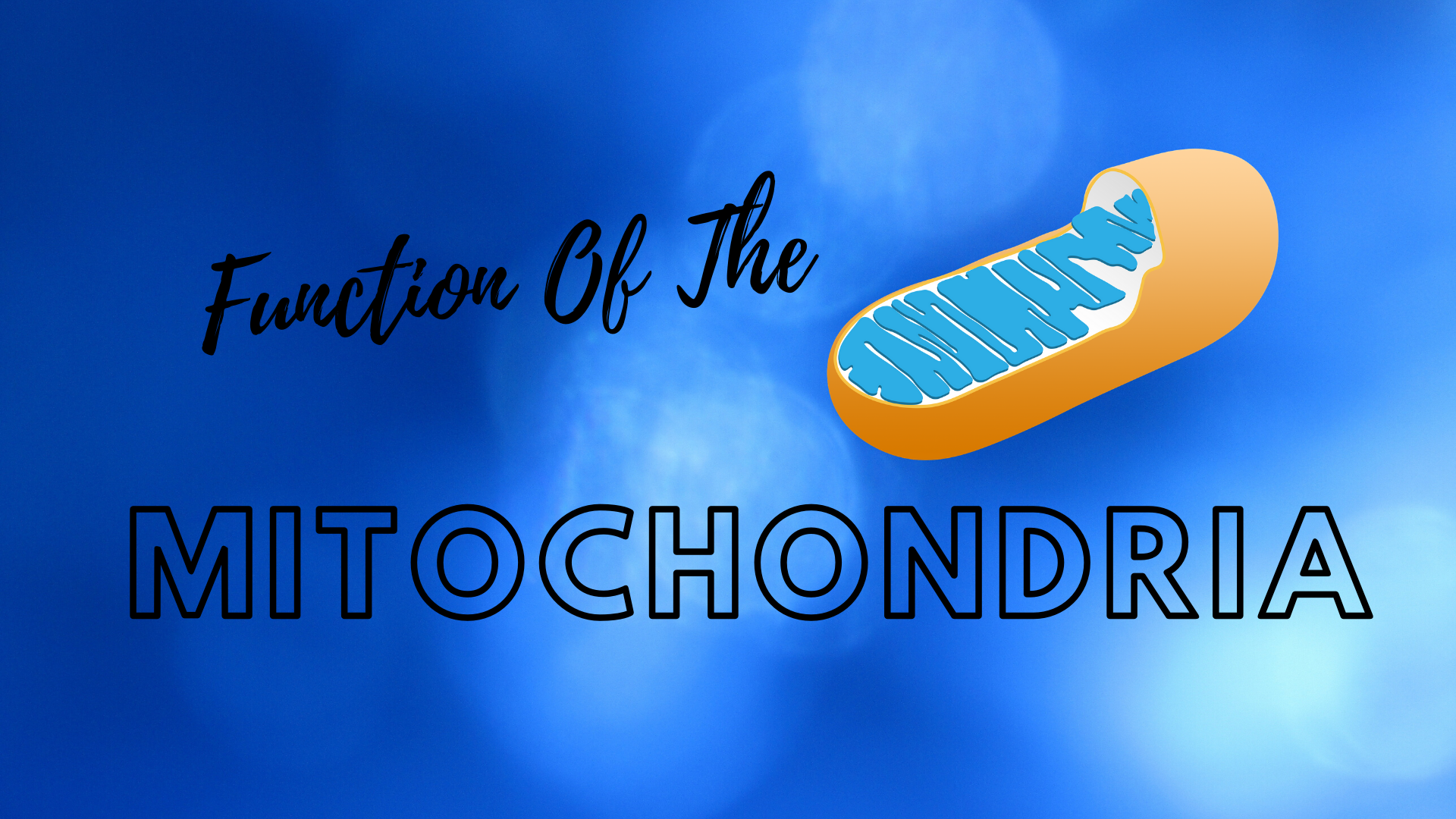 Source: sciencetrends.com
Source: sciencetrends.com
Plant and animal cells both have mitochondria the only difference being plant cells additionally have chloroplasts. The mitochondria is pivotal in dinstegrating the sugar synthesized in order to generate energy for the cell. Choose the correct option from those given. Mitochondria are found in the cells of nearly every eukaryotic organism, including plants and animals. Cells that require a lot of energy, such as muscle cells, can contain hundreds or thousands of mitochondria.
 Source: onsizzle.com
Source: onsizzle.com
They are in the cytoplasm, not the nucleus. A typical animal cell will have on the order of 1000 to 2000 mitochondria. Mitochondria is called as the ‘ powerhouse of the cell’ because it is the site of the cellular respiration and the. As animals derive their energy from their food resources, chloroplasts are not required in them unlike plants who are. A few types of cells, such.
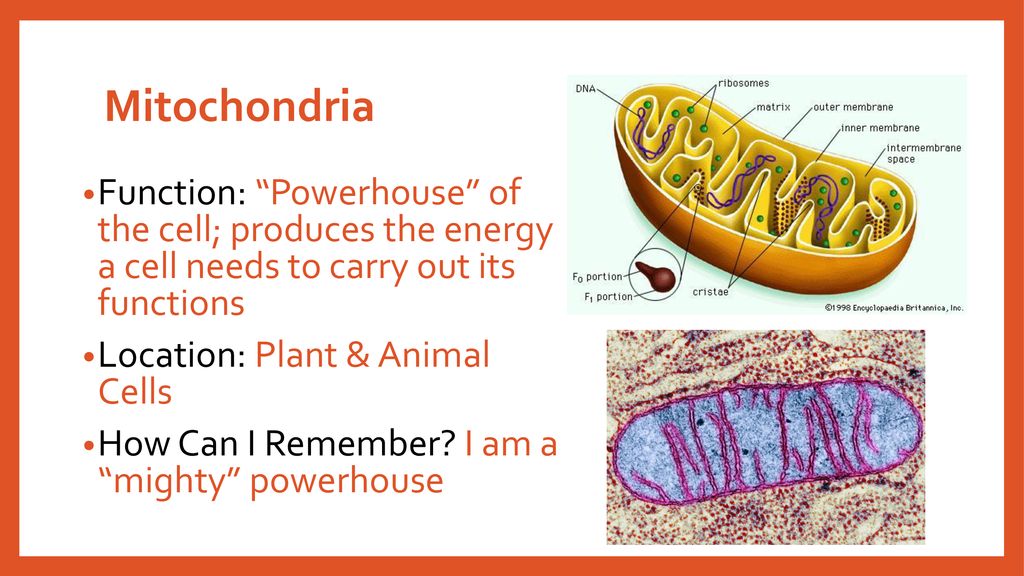 Source: clarettabaskinse04003.blogspot.com
Source: clarettabaskinse04003.blogspot.com
Plants have chloroplasts (which animal cells do not) to produce energy by converting sunlight but animal cells need more mitochondria to produce energy during respiration that’s why mitochondria are power house of the cell. Similar fixatives preserve them, modify them and destroy them, in like manner, in both. #mitochondria #biologydiagram #cellbiology a beautiful drawing of a mitochondria. The mitochondria is pivotal in dinstegrating the sugar synthesized in order to generate energy for the cell. Cells that require a lot of energy, such as muscle cells, can contain hundreds or thousands of mitochondria.
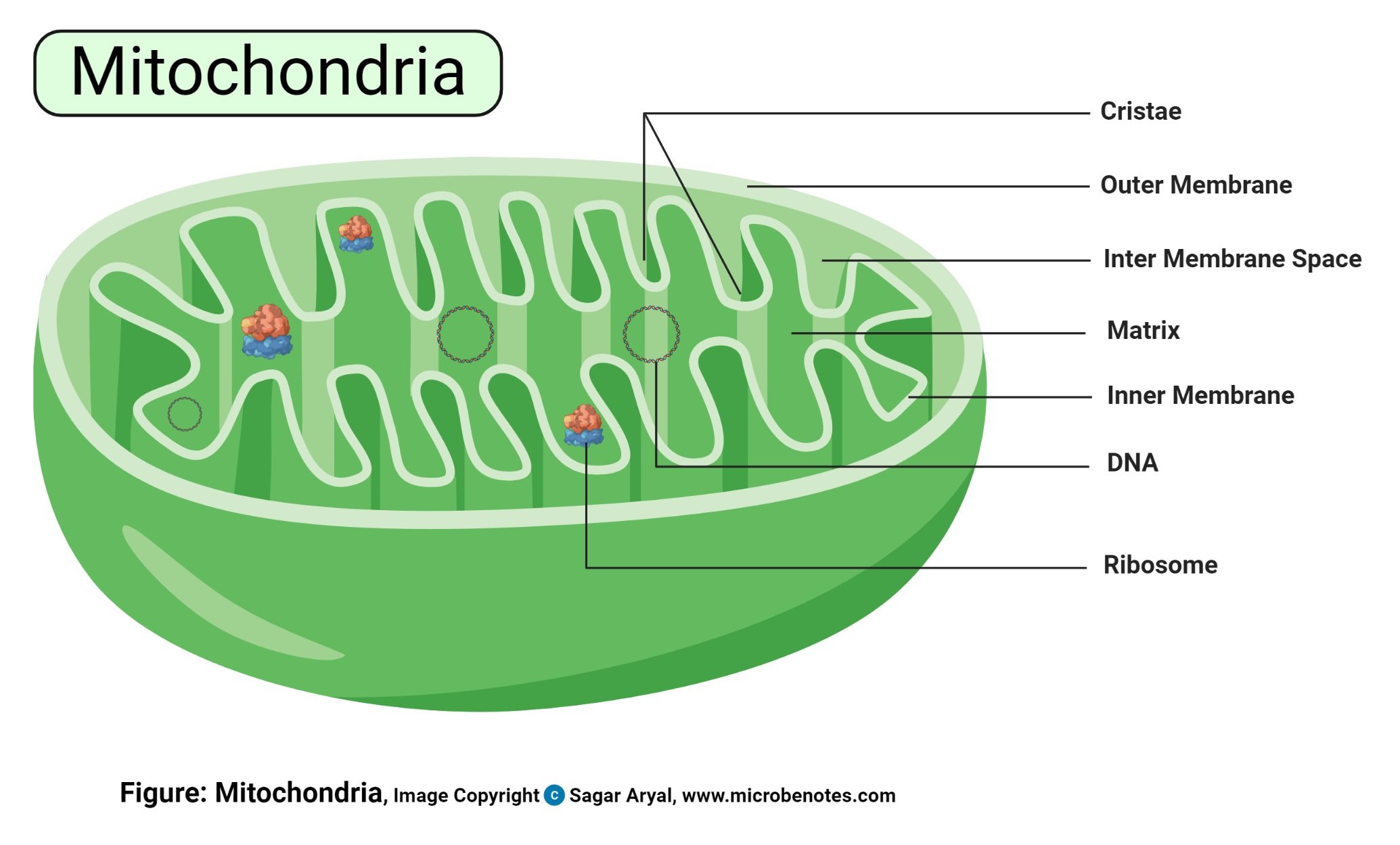 Source: microbenotes.com
Source: microbenotes.com
These similarities underscore our close relationship over the past century. However, chloroplast is absent in an animal but mitochondria is found in both. 4 do animal cells need mitochondria? 3 would an animal cell survive without mitochondria quizlet? Mitochondria is called as the ‘ powerhouse of the cell’ because it is the site of the cellular respiration and the atp cycle which produces energy in the cells.
 Source: biologywise.com
Source: biologywise.com
12 what happens if there are no mitochondria in eukaryotic cell? And it will teach you draw mitochondria very easily. Mitochondria in plant and animal cells. Mitochondria in animal cells usually outnumber cell organelles 10 to one. However, chloroplast is absent in an animal but mitochondria is found in both.
 Source: ohsudev.mrooms3.net
This comparison of mitochondria in plant and animal cells brings to light a truly remarkable degree of similarity. The job of the mitochondria in the cell is to produce the proteins necessary for the life of the cell. The function of the mitochondria in both plant and animal cells is to produce energy for the cell via atp production as part of the krebs cycle. Plant mitochondria are larger than those in animal cells and contain fewer cristae. 10 why can eukaryotes survive without mitochondria?
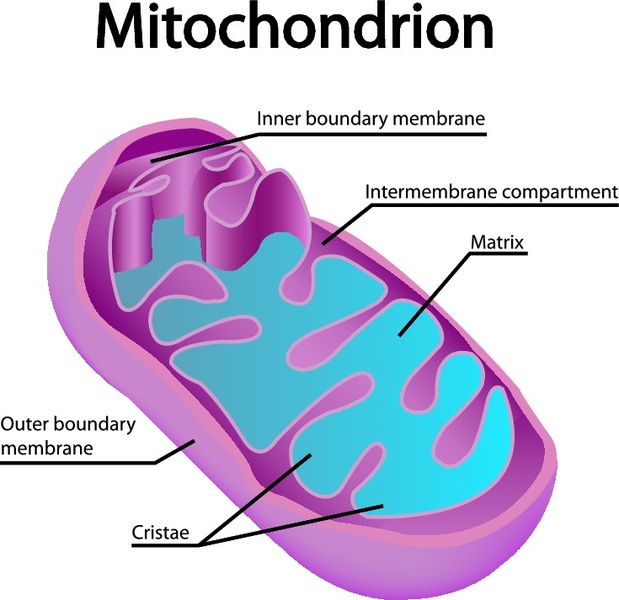 Source: animalcellstructures1.weebly.com
Source: animalcellstructures1.weebly.com
Their reactions to fixatives, stains and supravital dyes are almost identical. Mitochondria take raw material and transform it into a form of energy that the plant can easily use.oct 19, 2020. A few types of cells, such. Mitochondria are found in the cells of nearly every eukaryotic organism, including plants and animals. 5% formalin 4i days +normal +normal i574a.
This site is an open community for users to submit their favorite wallpapers on the internet, all images or pictures in this website are for personal wallpaper use only, it is stricly prohibited to use this wallpaper for commercial purposes, if you are the author and find this image is shared without your permission, please kindly raise a DMCA report to Us.
If you find this site value, please support us by sharing this posts to your preference social media accounts like Facebook, Instagram and so on or you can also bookmark this blog page with the title is a mitochondria in a plant or animal cell by using Ctrl + D for devices a laptop with a Windows operating system or Command + D for laptops with an Apple operating system. If you use a smartphone, you can also use the drawer menu of the browser you are using. Whether it’s a Windows, Mac, iOS or Android operating system, you will still be able to bookmark this website.


